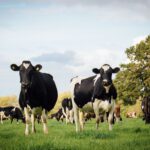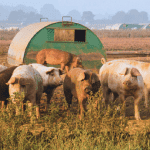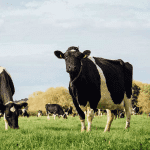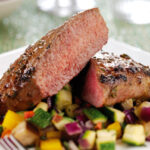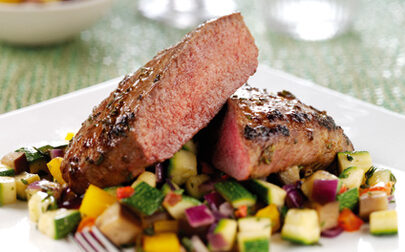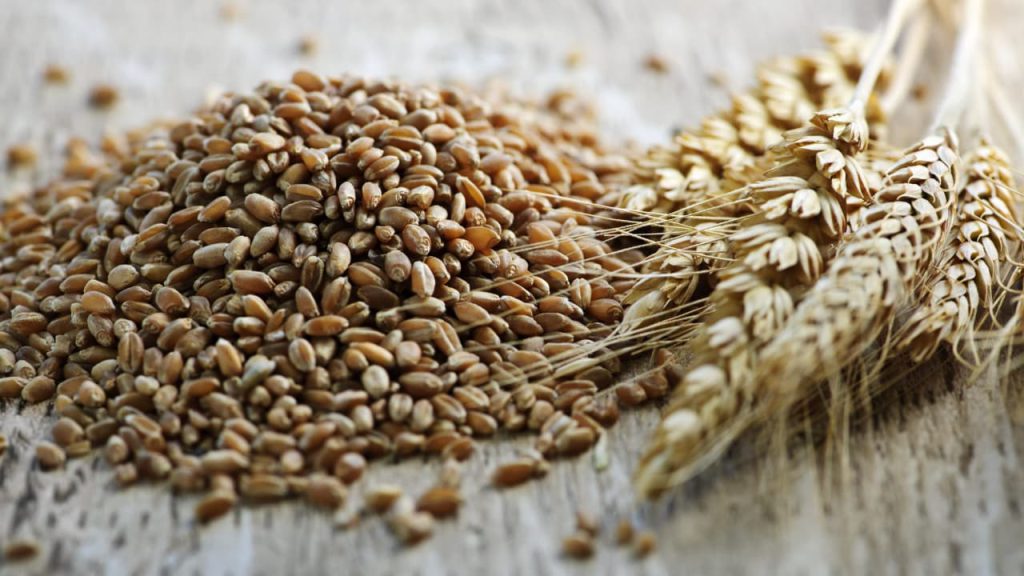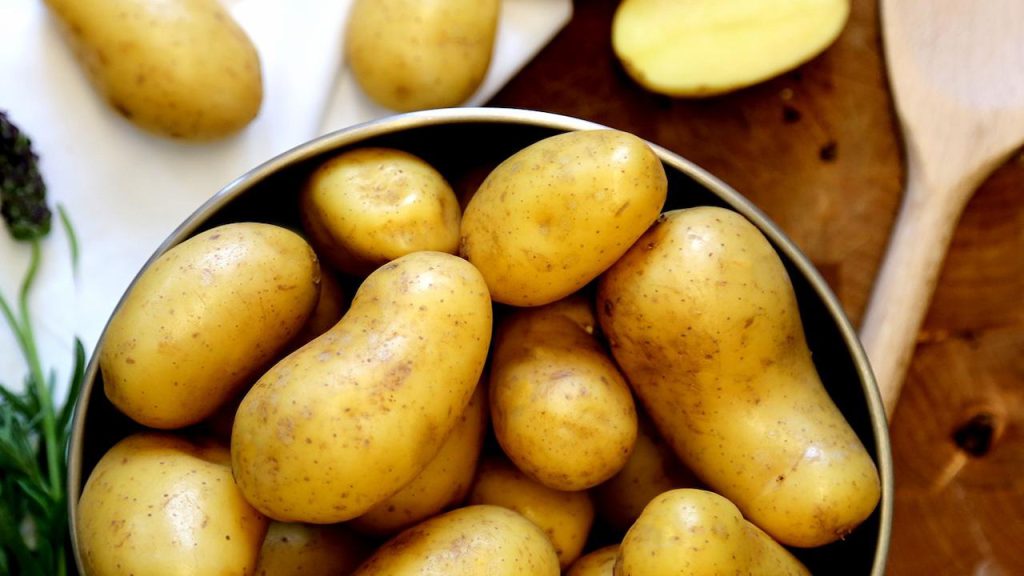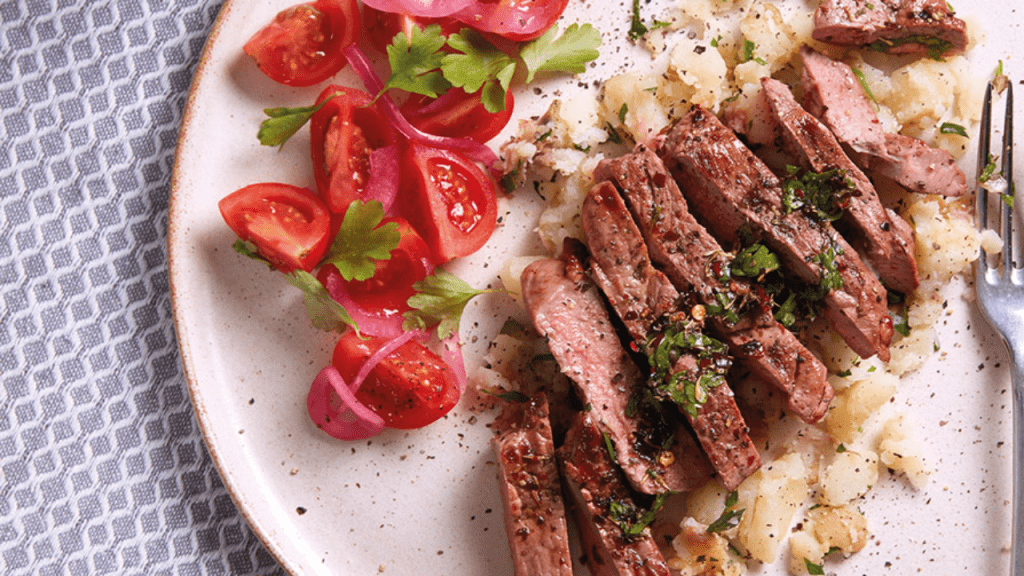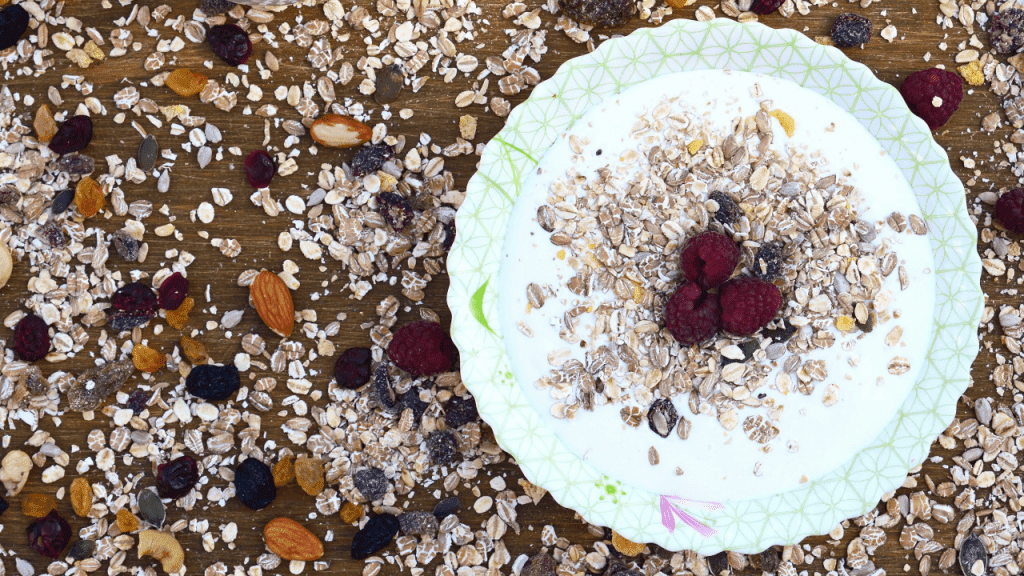Red meat and cancer risk
You may have seen conflicting headlines in the media with regards red meat and cancer risk. In this blog we look at the evidence and ask what can it tell us.
What do the experts say about red meat and cancer risk?
Comprehensive reviews of the evidence with regards cancer and dietary risk are important. Two expert organisations have recently reviewed the evidence on red meat and bowel (or colorectal) cancer – the International Agency for Research on Cancer (IARC), a part of the World Health Organization (WHO), and the World Cancer Research Fund (WCRF).
Both found that eating a lot of red meat is ‘probably’ a cause of bowel cancer, but the evidence for a link was stronger for processed meat. There does not appear to be strong evidence between red meat and the risk of other cancers.
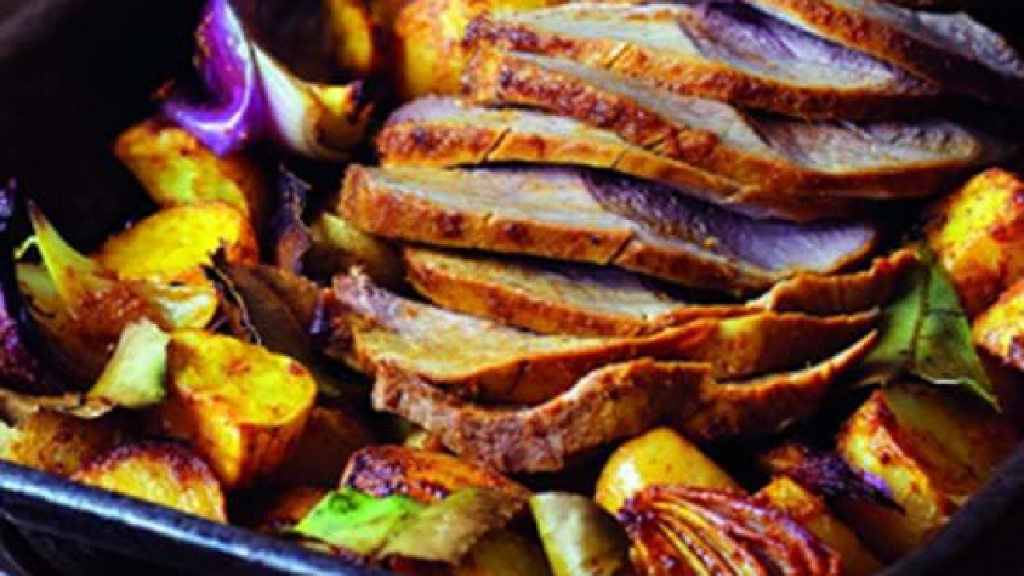
Even though the best available evidence has been used, IARC has explained that it is not possible to know for sure if there is a direct ‘cause and effect’ relationship for red meat and bowel cancer, because their conclusions are based on limited ‘epidemiological’ evidence. This can only provide information about ‘associations’, and there is normally a degree of uncertainty surrounding whether the findings in these studies are causal. It may be that there are other explanations, for example other aspects of their lifestyle such as lack of exercise, which can also affect the risk of cancer.
The WCRF panel concluded from its review that the evidence was strong enough to justify recommendations around reducing high red meat consumption, but not that we should totally cut out red meat from our diet. Instead, they advise limiting red meat to no more than three portions per week (around 350 to 500 g cooked weight – equivalent to about 525 to 700 g of raw meat: see box below). The WCRF acknowledge that red meat is a good source of protein and essential vitamins and minerals like iron and zinc, and balance their recommendation with the potential increase in bowel cancer risks from high intakes.
What does 500g of red meat look like?
Here is an example from WCRF to show how you can have 4 meals a week and be within the no more than 500g recommendation:
- Minced beef in Spaghetti Bolognese sauce = 140g (about 200g raw weight)
- Small pork or lamb chop = 75g (about 110g raw weight)
- Medium steak = 145g (about 210g raw weight)
- Roast beef, pork or lamb (3 thin slices) = 90g (about 130g raw weight)
Total = 450g (about 650g raw weight)
The UK government gives similar advice that people who eat 90 g or more (cooked weight) a day of red and processed meat should cut down to no more than 70 g a day, alongside eating a healthy, balanced diet. This equates to no more than 490 g per week.
Are you confused about what the probable risk means?
Whilst the evidence suggests that eating lots of red meat can increase the risk of bowel cancer, the media reports suggesting that meat is now considered a major carcinogen (something that causes cancer) are highly misleading. The classifications used in IARC report refer to the strength of the scientific evidence for association with increasing cancer risk.
It categorically does NOT assess the level of risk, for example that processed meat and smoking are equally dangerous, they are not. Smoking is responsible for far more cases of cancer than processed meat. So, when we think about red meat, the evidence doesn’t mean that we need to stop eating red meat but rather in the context of an overall healthy diet (including plenty of wholegrains, fruit and vegetables) and lifestyle. Enjoying some lean red meat within recommended amounts can make a useful contribution to certain nutrient intakes.
The British Nutrition Foundation has reviewed the accuracy of the scientific content of this page (please note this does not include linked pages) on June 2, 2021.
The British Nutrition Foundation is not a lobbying organisation nor does it endorse any products or engage in food advertising campaigns.
For more information about the British Nutrition Foundation, please visit www.nutrition.org.uk
